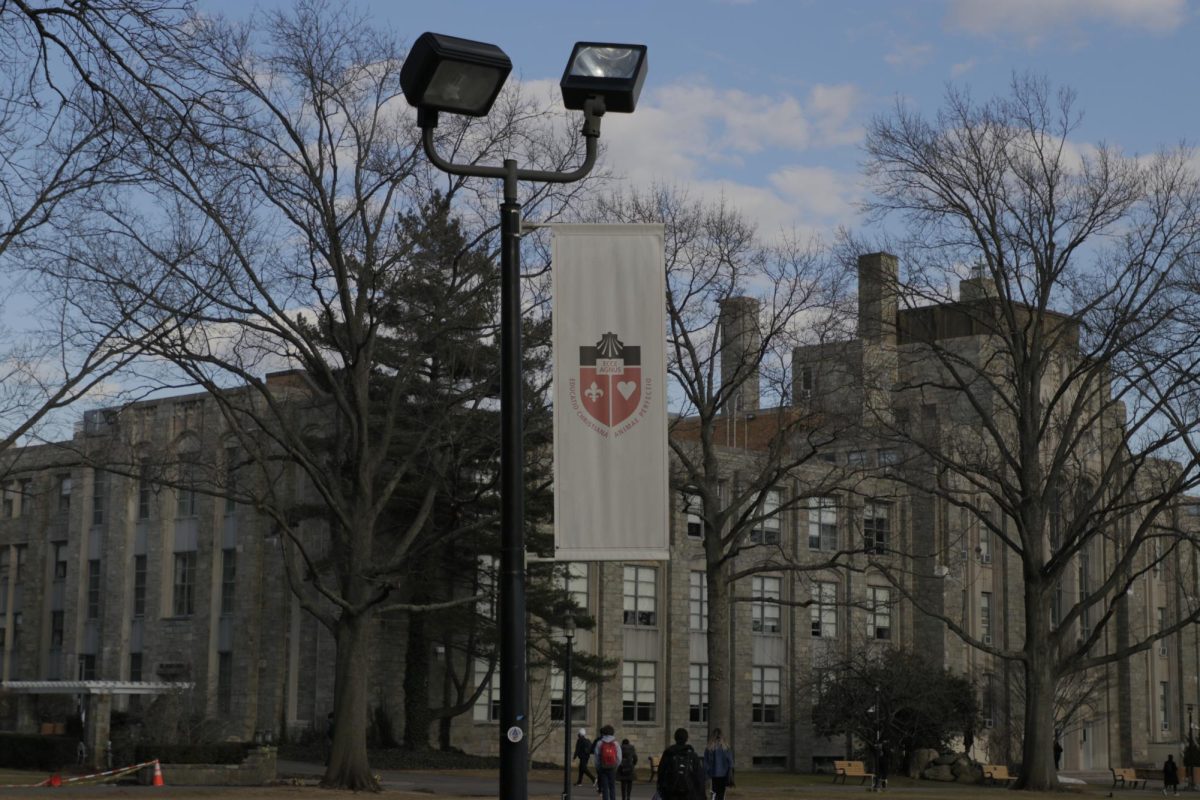Last week, Google made headlines across the Internet for its new endeavor, Project Glass. Project Glass is Google’s attempt at augmented reality, a pair of “glasses” that acts as a sort of heads up display for everything from text messages to whatever other content Google can find a way to provide.
Project Glass has been met with both derision and excitement. For some, the glasses are nothing but another distraction, a ridiculous accessory, and another gadget that they just don’t need or want. For others, Project Glass is nothing short of revolutionary. These glasses, even in their current stage of development, represent an entirely new way to see the world.
Personally, I fall into the latter camp. However, the buzz surrounding Project Glass itself is less intriguing than what this means for the company behind it.
I come not to bury Google, but to praise them.
For the past few years, I have seen my opinion on Google continue to change. At first, that was a great thing. As the company began branching out and doing things other than just being a great search engine, Google seemed as though it were on a mission to revolutionize the Internet, and in effect, the world.
But then, things began to change. Somewhere along the way, Google became normal. A company that was known for innovation became just another tech company.
Granted, plenty of people would disagree with me on this. They might point to Google Chrome, the Android Operating System, or maybe the acquisition of YouTube. Of course, I’d have to point out that web browsers have been in existence for year, Android is far from the first multiplatform Smartphone operating system, and that YouTube was an acquisition, not an internal development.
As a business, Google is strong. But for a company once so well known for creative brilliance, their ideas have been lacking. It isn’t a matter of poor execution, but what seemed to be diminished vision.
The moment that I truly began to have doubts about Google was not due to a failure, but a success. The company released a new commercial, known as “Dear Sophie”, to promote the Google Chrome browser. The commercial wasn’t Google’s first, and it almost certainly won’t be their last. “Dear Sophie” was a success for the company, a touching ad that hits the perfect balance between simple and beautiful. It was also, for lack of a better word, safe. In many ways, that commercial made me think that Google was coming full circle. Like the father and daughter depicted in “Dear Sophie”, we have chronicled the history and grown along with Google.
But, it seemed recently as though Google was content to be just another big company. It was as though we saw the child growing, but knew that it had to make its own choices. Google has matured, and for a moment, I wondered if that childlike wonderment that made the company so special in the first place had all but disappeared.
As a product, Project Glass may indeed become a failure, and that’s fine. Sometimes, failure can be even more important than success.
Project Glass has restored some of my faith in Google. While I never doubted the talent of the company, I had begun to doubt their entrepreneurial spirit; but, if a company is willing to develop web-enable glasses, it’s hard to say that they fear failure. Although it may sound cruel, I hope Google has its share of failures. From failure, great success can be born if one knows what do with it.
Of course, even if they don’t, the company can probably just Google it and find out.







